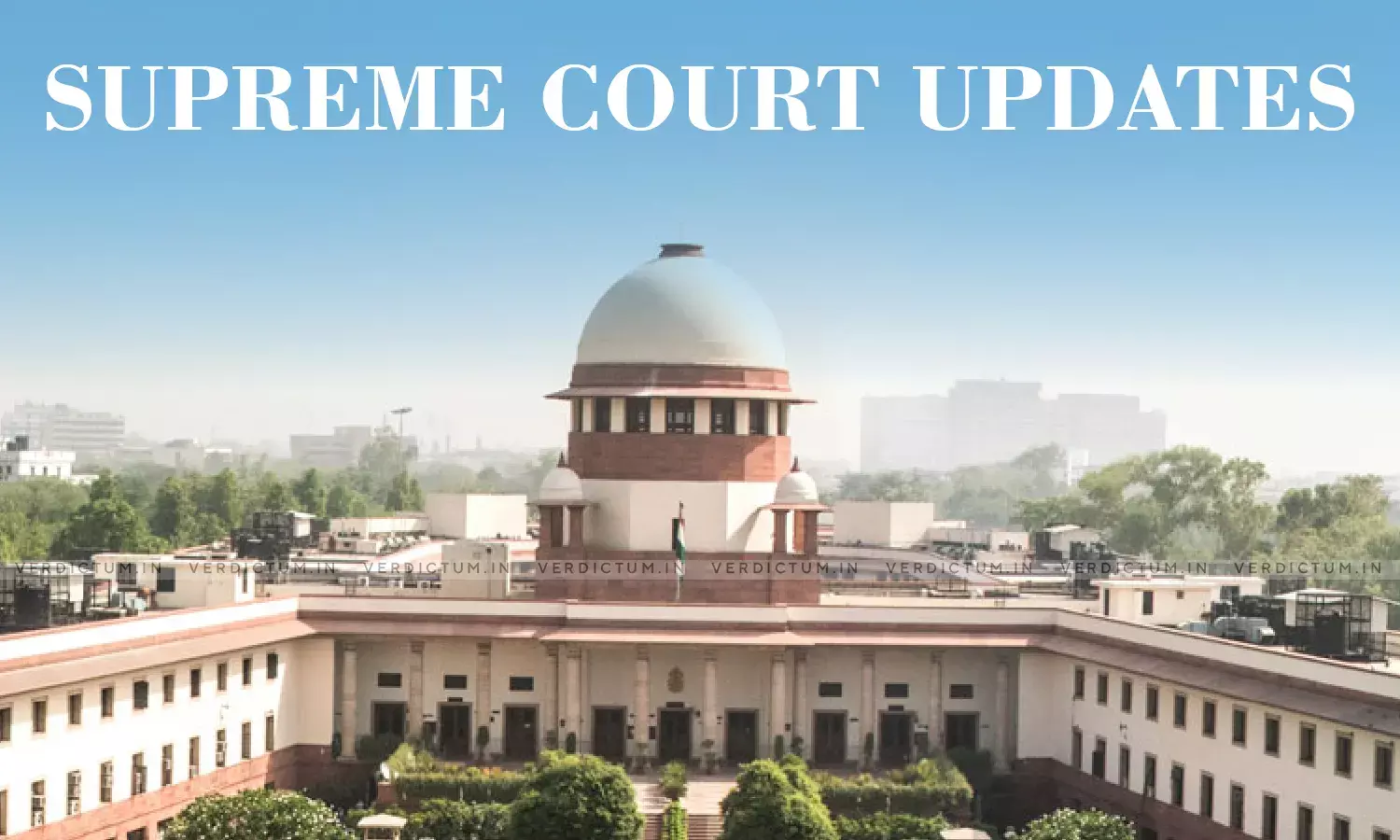Suspension Of 12 Maharashtra BJP MLAs Beyond Remainder Of Assembly Session Is Unconstitutional: Supreme Court
The Supreme Court today held that a resolution suspending 12 BJP MLAs from the Maharashtra Legislative Assembly beyond the period of the remainder of the session held in July 2021 is unconstitutional and irrational.
The Apex Court delivered its verdict on the pleas filed by the 12 BJP MLAs, who had challenged their one-year suspension from the state assembly for allegedly misbehaving with the presiding officer.
In conclusion, we have no hesitation in allowing these writ petitions and the impugned resolution suspending these members beyond the period of the remainder of the concerned Monsoon session held in July 2021 is non-est in the eyes of law, nullity, unconstitutional, substantially illegal and irrational, a Bench comprising of Justice A M Khanwilkar, Justice Dinesh Maheshwari and Justice C T Ravikumar said.
The impugned resolution is thus declared to be ineffective in law in so far as the period beyond the stated session in which the resolution came to be passed, said the Bench.
The Court said the petitioners are entitled to all consequential benefits of being the members of the legislative assembly on and after the expiry of the period of the remainder of session in July 2021.
The 12 suspended members were Sanjay Kute, Ashish Shelar, Abhimanyu Pawar, Girish Mahajan, Atul Bhatkhalkar, Parag Alavani, Harish Pimpale, Yogesh Sagar, Jay Kumar Rawat, Narayan Kuche, Ram Satpute and Bunty Bhangdia.
These MLAs had filed petitions in the Apex Court challenging the resolution passed by the Assembly to suspend them for one year.
They were suspended for one year on July 5 last year from the Assembly after the state government had accused them of misbehaving with presiding officer Bhaskar Jadhav in the Speaker's chamber.
The motion to suspend these MLAs was moved by state Parliamentary Affairs Minister Anil Parab and passed by a voice vote.
During the arguments in the matter, the apex court had observed that suspension from legislative assembly for one year is worse than expulsion as the consequences are so dreadful and the right of a constituency to remain represented in the House is affected.
The Court had observed that there is a statutory obligation to fill in a seat within six months.
It had referred to Article 190 (4) of the Constitution which says that if for a period of 60 days, a member of a House, without its permission, is absent from all meeting, the House may declare his or her seat vacant.
With PTI inputs












